
Bombay High Court’s refusal to recognise TikTok as well-known is “wrong”: Latha R Nair quoted
Latha R Nair, shared her thoughts with World Trademark Review on the recent Bombay High Court decision that upheld the denial of “well-known” status to the trademark ‘TikTok’. While TikTok remains a registered trademark, the Court held that its designation as a well-known mark under Rule 124 could be justifiably refused due to the national...

The OpenAI case and what’s at stake for AI and copyright in India
The first legal challenge to generative artificial intelligence models in India surfaced last week when news agency ANI filed a lawsuit against OpenAI in the Delhi High Court alleging copyright infringement.
In this case, a first-of-its-kind in India, New Delhi-based ANI has accused the San Francisco-headquartered...

Mitigating liability while copyright law catches up with Artificial Intelligence
Discover how Artificial Intelligence (AI) intersects with copyright law as recent court cases and global developments shape the ongoing debate. Gain insights into how different countries, including the UK, India, the US, the EU, and Japan, navigate the authorship of AI-generated works within their copyright frameworks. Explore the fair use...
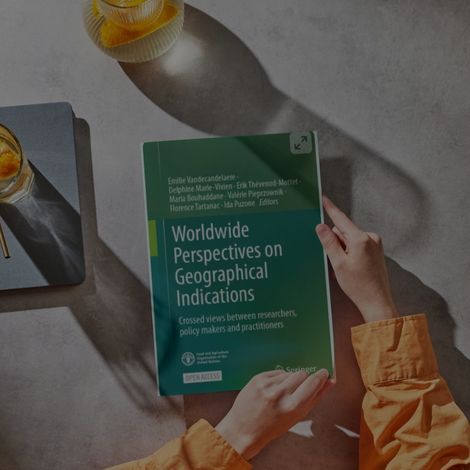
Latha R Nair contributes chapter to “Worldwide Perspectives on Geographical Indications”
Latha R Nair, Partner and Practice Chair – Trademark, and a global voice in Geographical Indications (GIs), contributes a chapter to the newly released book, “Worldwide Perspectives on Geographical Indications” (Springer, 2024).
The chapter, titled, “”Domain Name Protection for Geographical Indications: A...
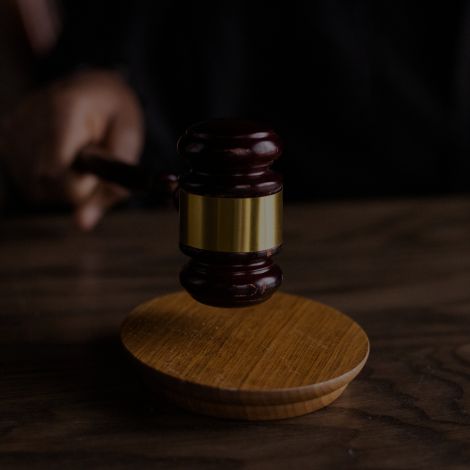
Delhi High Court on the use of trademarks as keywords in Google Ads Program
Significant changes to benefit patent applicants and owners
The Delhi High Court ruled on two appeals involving Google’s use of trademarks as keywords in its Ads Program, finding that using trademarks as keywords does not inherently constitute trademark infringement, thus upholding Google’s practice in both...
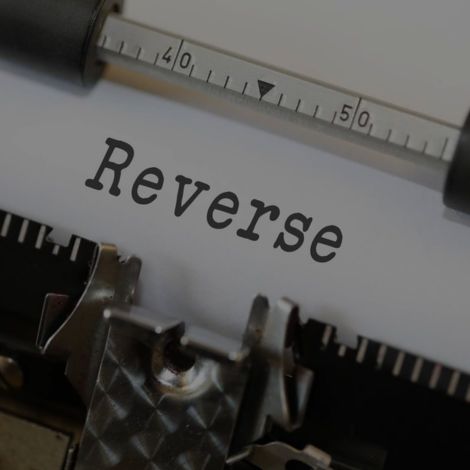
Delhi High Court Restricts Sale of Refurbished Goods for ‘Reverse Passing-Off
Reverse passing off is not something that courts encounter every day. It occurs when a defendant purchases a plaintiff’s product, repackages, and sells it under the defendant’s mark or name, resulting in the public coming to associate the qualities of the plaintiff’s product with that of the defendant.
When this adversely...

Blend In or Stand Out? Branding Blunders of Indian Startups
Being low in descriptiveness makes a trademark high in exclusivity.
There is something about the recently concluded first season of Sony Liv’s reality TV show Shark Tank India that would bother intellectual property (IP) lawyers. While pitching their business ideas to the sharks (potential investors forming the panel of...
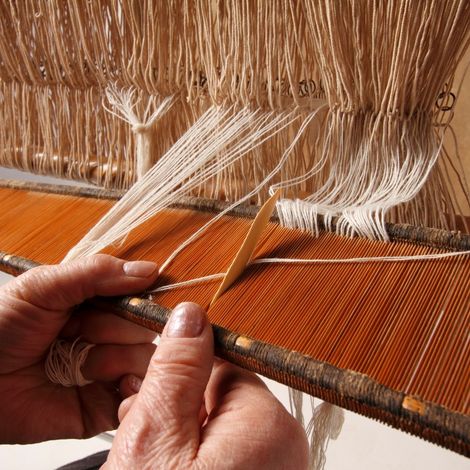
National handloom week: A time to fix the GI magic wand
The GI Act enacted in 2003 was believed to revive the dying handloom industry in India. However, 19 years later, the benefits failed to trickle down to the rural workers. What can we do to make the magic wand work?
India is celebrating the handloom week from April 7 to 14, 2022. While the handloom industry in India is...
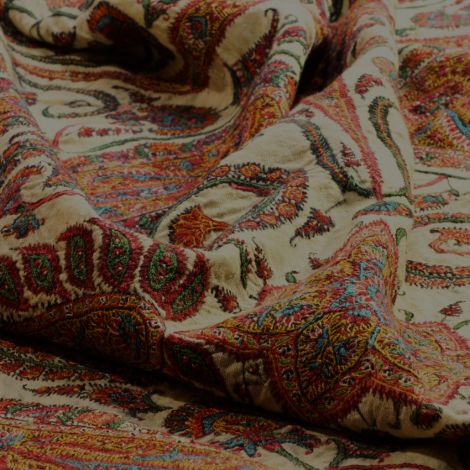
The Trademark and GI Battle for Kashmiri Products Must be Taken Seriously
India, being a pioneer in geographical indication protection in the region, must take the lead and be the first one in acceding to the Geneva Act, which offers protection to handicraft GIs as well.
Last month, the World Trademark Review carried a report that the Romanian IP Office (OSIM), after an initial refusal,...


